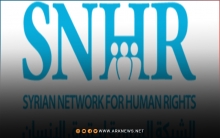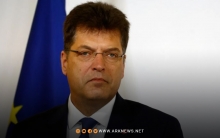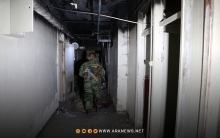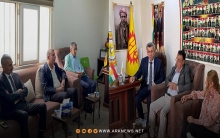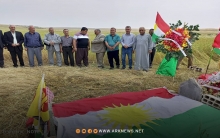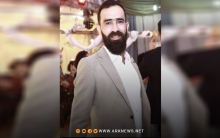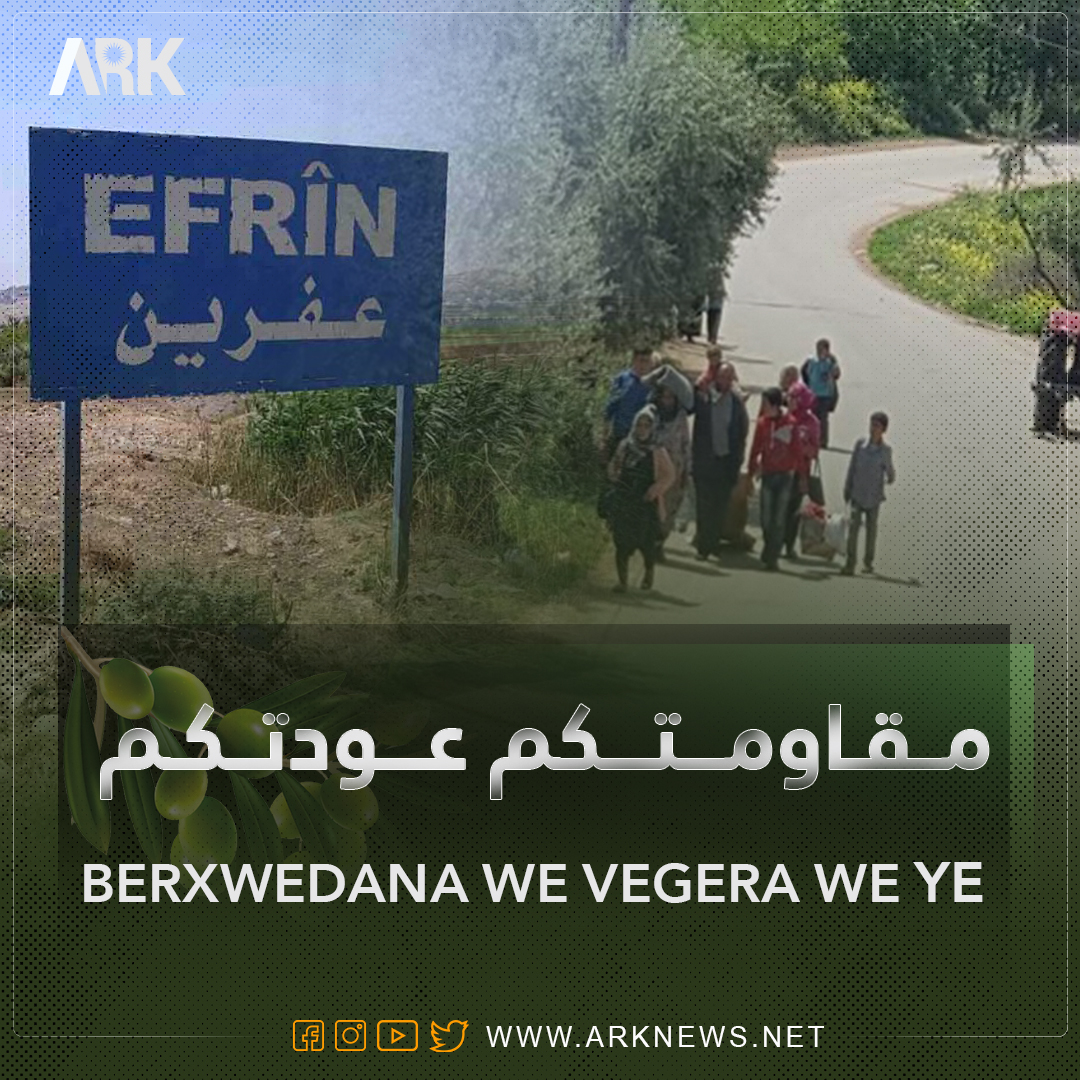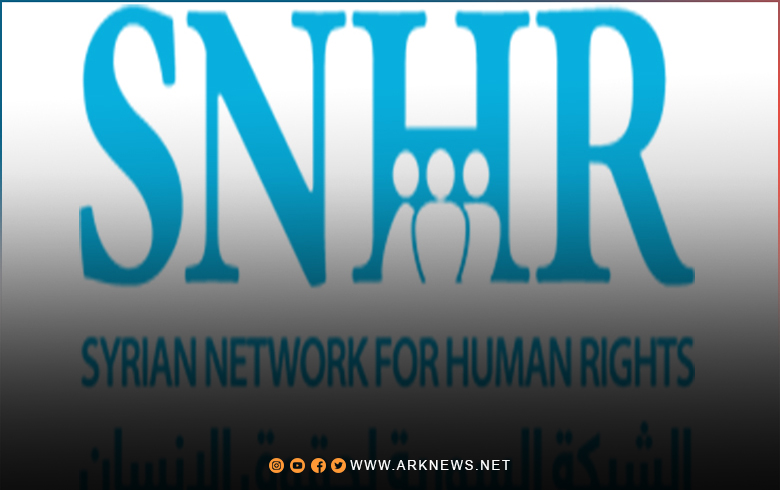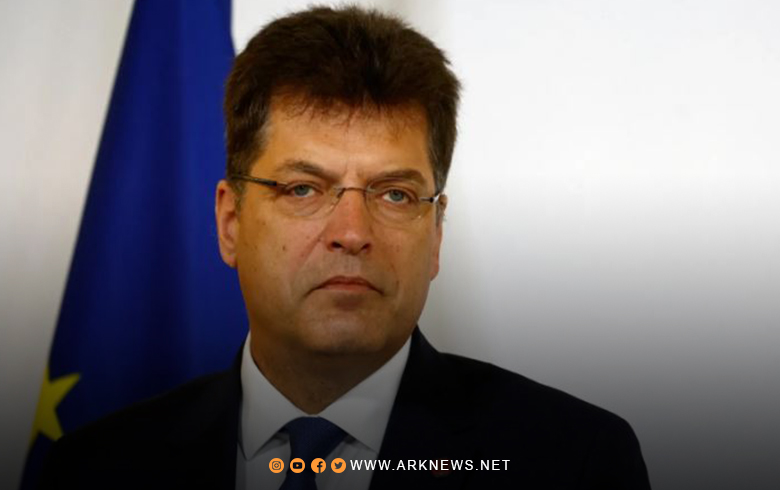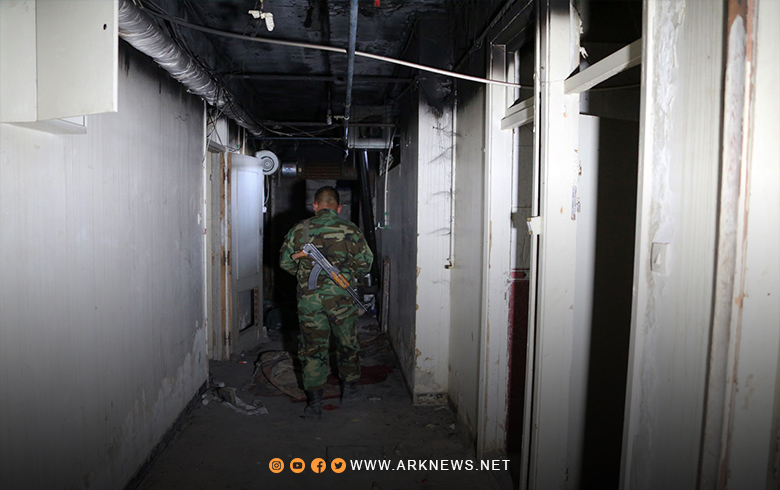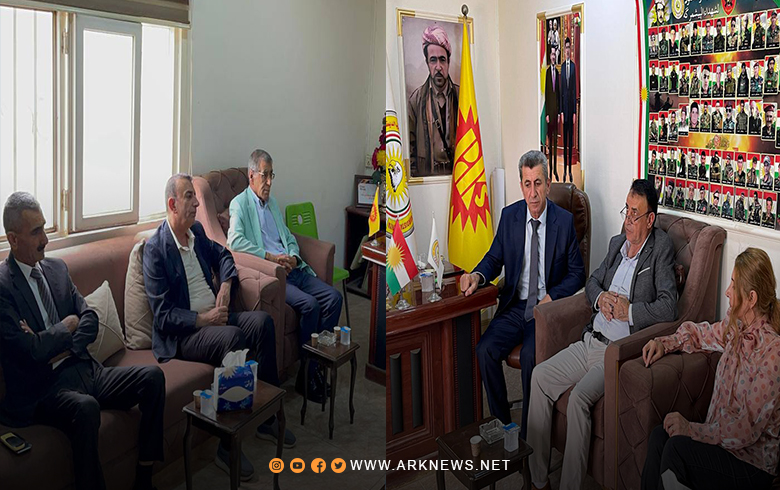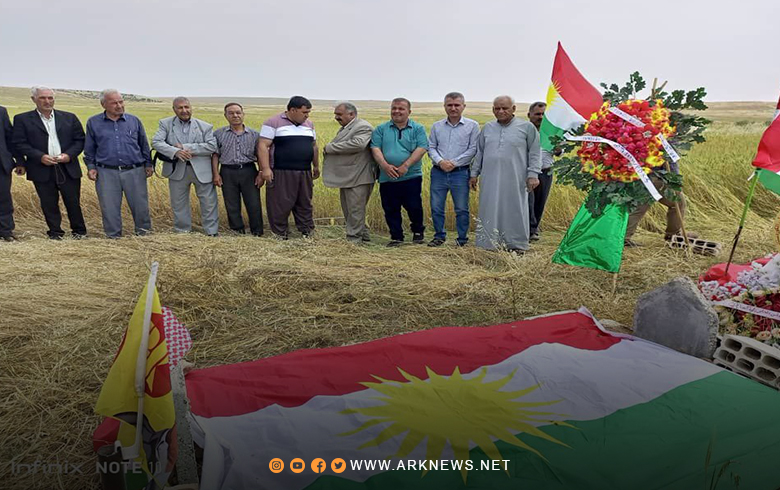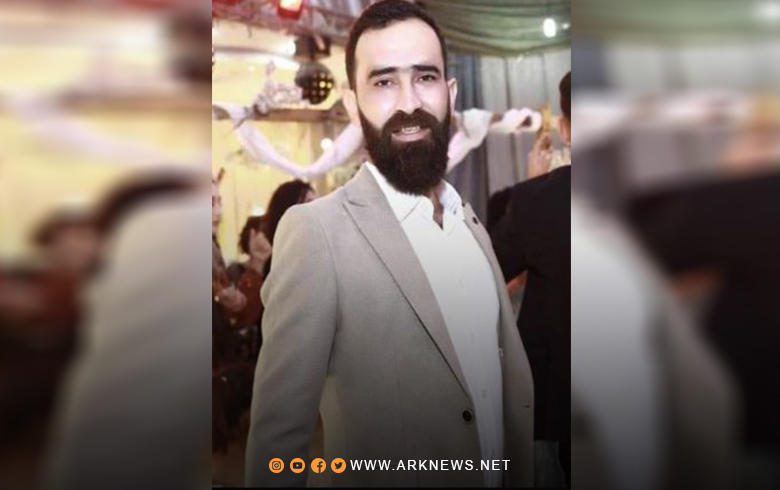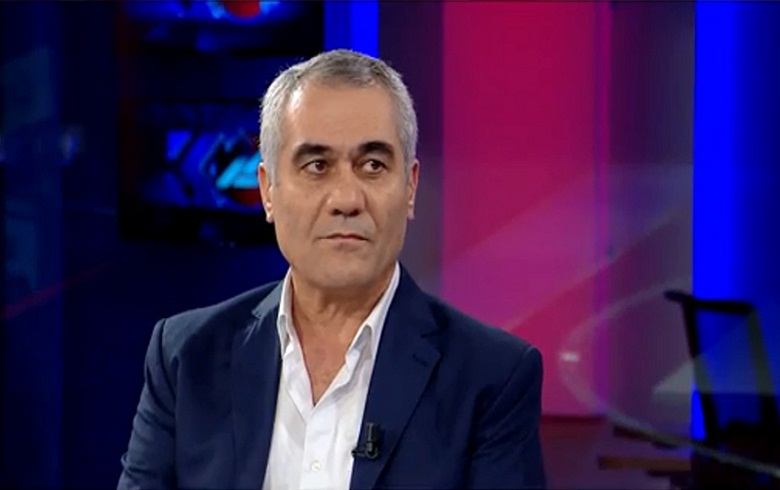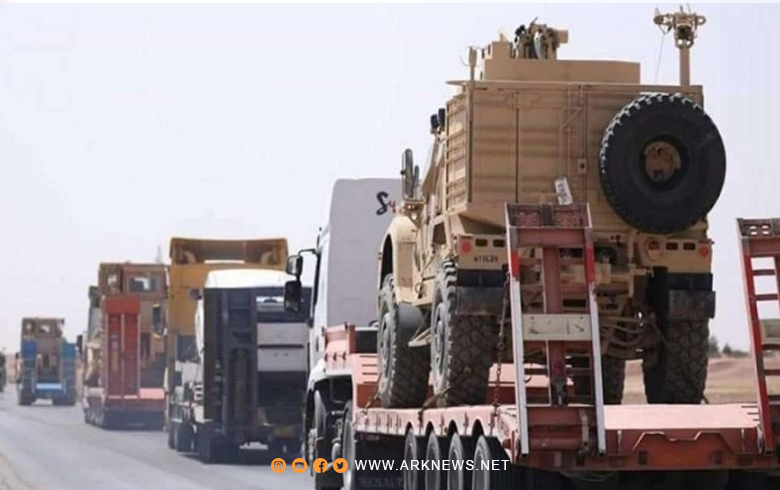
Iran parliament calls for execution of protesters
ARK News… The hard-line movement that holds the three authorities in Iran continues to incite the demonstrators who have been protesting in the streets since mid-September.
In the latest position, 272 deputies in the Iranian parliament, which is dominated by the hard-line movement, demanded the judiciary, which is under the control of the same movement, execute the demonstrators, describing the protesters as "ISIS".
"We demand that all officials in the country, including the judiciary, deal as quickly as possible with the armed fighters (demonstrators) who attacked people's lives and property with hot and cold weapons, like ISIS," a statement issued by the deputies said, and published by Iranian news agencies.
The statement called on the judiciary to "implement the divine order, and punish these demonstrators without looking at their backgrounds."
Iranian lawmakers attributed the protests that took place in the country against the regime to "America and other enemies" who "openly entered the square, incited and organized, provided weapons and money and controlled the riots."
The parliamentarians expressed their appreciation for the "security guards, especially the military and law enforcement forces," and called for "decisive action to be taken against the perpetrators of these crimes."
This parliamentary statement came in conjunction with the rise in the death toll of the popular protests that erupted after the murder of the young woman, Mahsa Amini, to 314, according to a report by the Iranian Human Rights Organization "Harana".
The Iranian authorities deny detainees in the ongoing popular protests the use of a lawyer of their choice, while Iranian television broadcasts forced confessions.
While judicial sources announced death sentences for a number of demonstrators in order to spread fear among the rest.
On the other hand, Parliament Speaker Mohammad Baqer Qalibav said in today's session that "the main organizers of the riots" are trying to create conditions for the presence of ISIS in Iran.
Qalibav added, "Recent events brought a clear message and showed once again that the main organizers of the riots, namely the CIA, Mossad, and other groups, are not looking for results for the protesters' demands, and are trying to put a new ISIS organization on their agenda."
However, many news and documents published in recent years show that the Iranian authorities have sheltered the leaders of terrorist groups.
For example, the New York Times published a report in November 2020 and wrote that Mossad forces, in cooperation with the United States of America, had killed Abu Muhammad al-Masri, the second-in-command of al-Qaeda terrorist organization on Pasdarans Street in Tehran, where he had been living in Tehran since a long time.
In a related context, a member of Parliament for the Baluchs minority and representative of the city of Chabahar in Sistan and Baluchistan province, MP Mu’nuddin Saeedi, intervened during the parliament session, criticizing the violence of the security authorities against the Baluchs demonstrators.
"The perpetrators of the recent events in the city of Zahedan and Khash must be punished, and we must offer sympathy to the residents of the two cities," MP Saeedi said.
"Why do the police forces use military weapons against demonstrators in Sistan and Baluchistan, while they do not use the same weapons against demonstrators in other cities," he added.
According to Iranian human rights organizations, most of the dead in the ongoing protests are from the provinces of Sistan, Baluchistan, and Kurdistan, western Iran.
On Saturday, Kayhan newspaper, which is funded by Supreme Leader Ali Khamenei, demanded tougher treatment of the demonstrators and criticized what it described as the inaction of the security forces.
Iranian media reported, on Saturday evening, that President Ibrahim Raisi, Parliament Speaker Muhammad Baqer Qalibav, and Gholam Hussein Mohseni Aiji, head of the judiciary, held a joint meeting and discussed the need to expedite the treatment of the issues of the detained protesters, accusing the demonstrators of "inciting riots and creating insecurity." in the country and they should be punished."
Iran's authorities do not recognize the protests and call them "unrest," and Iranian government officials attribute the protests to "incitement" by foreign countries, including the United States and Israel.
195

